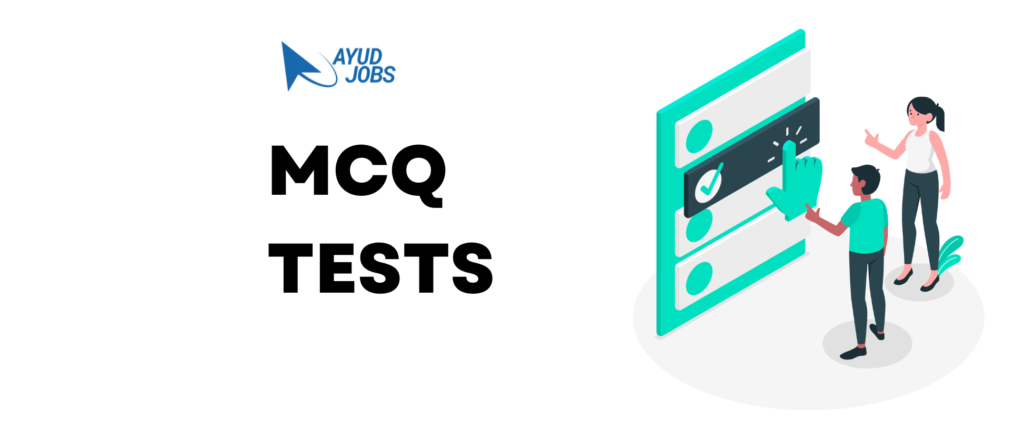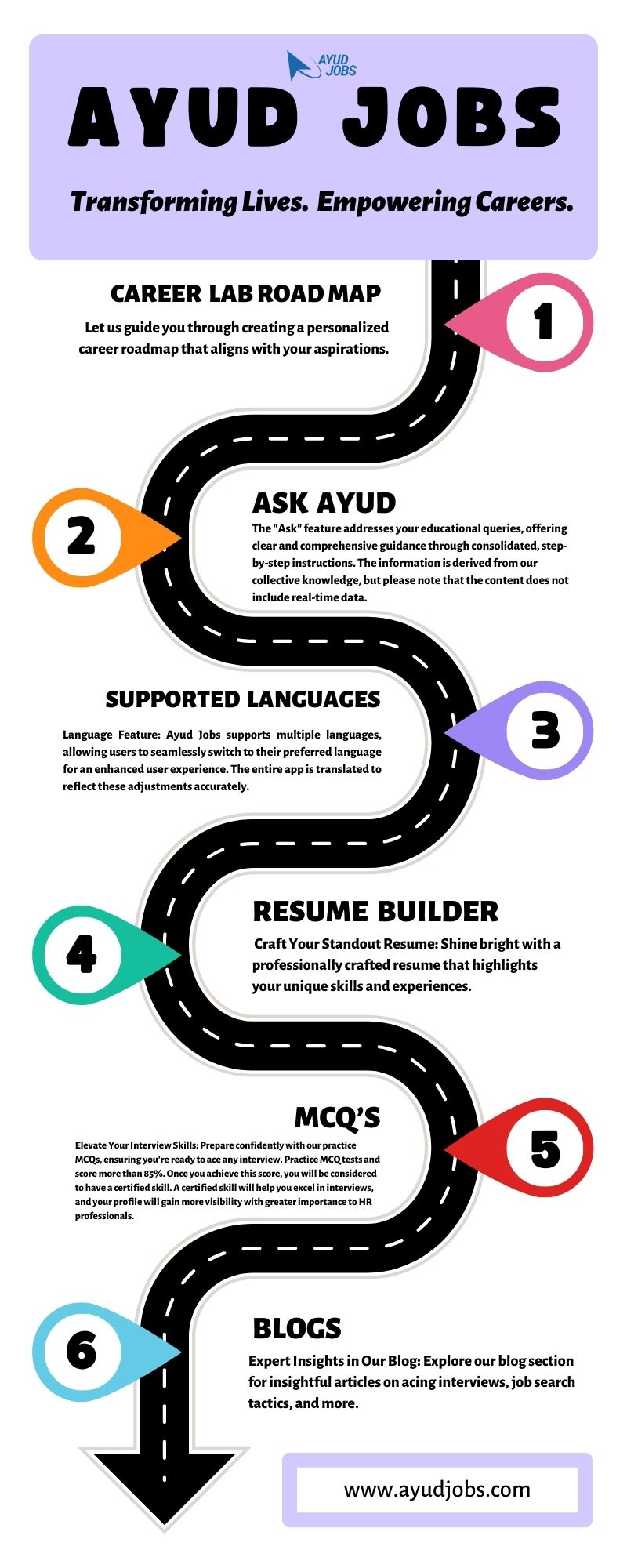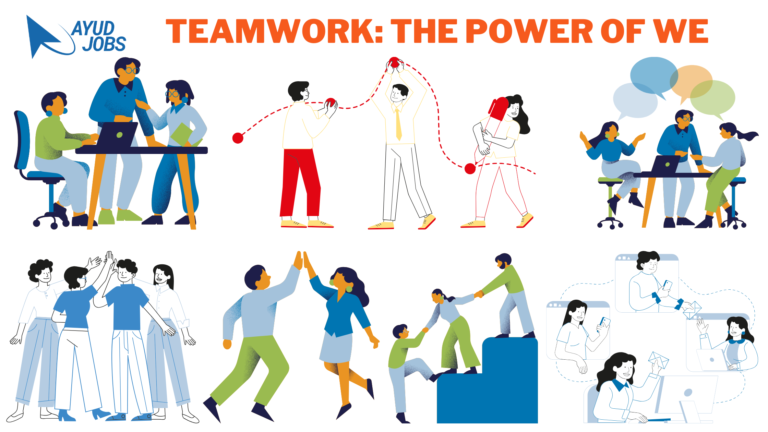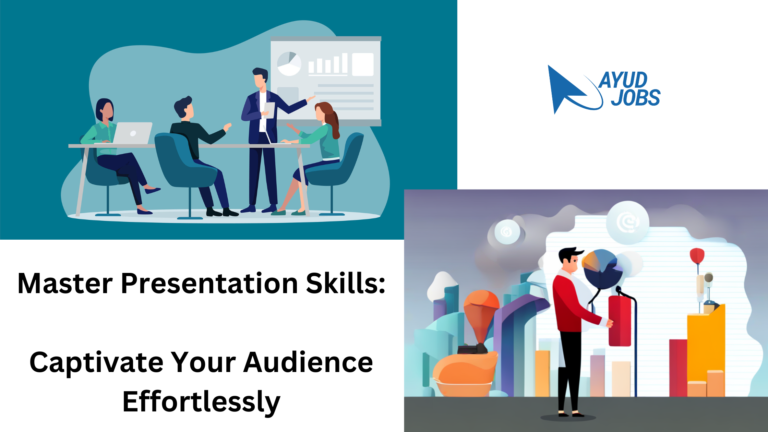Mastering Emotional Intelligence: The Key to Success
Mastering Emotional Intelligence: The Key to Success
What if I told you there’s a superpower that can transform your life, relationships, and career? It’s not a fancy gadget or a secret formula – it’s something we all possess, yet many struggle to master. I’m talking about emotional intelligence (EQ), the ability to recognize, understand, and manage emotions effectively. Mastering Emotional Intelligence: The Key to Success.
The Importance of Emotional Intelligence
In our fast-paced, constantly evolving world, emotional intelligence has become a crucial skill. Studies show that individuals with high EQ are more likely to succeed in their personal and professional lives. Moreover, emotionally intelligent people tend to have better relationships, higher job satisfaction, and improved overall well-being.
So, what exactly is emotional intelligence, and why is it so important? Let’s break it down.
Self-Awareness: The Foundation of Emotional Intelligence
Self-awareness is the first step in mastering emotional intelligence. It involves recognizing and understanding your emotions, strengths, weaknesses, and motivations. People with high self-awareness can identify their emotional triggers and respond appropriately, rather than reacting impulsively.
Additionally, self-aware individuals are better equipped to make informed decisions and set realistic goals. They understand their limitations and seek support when needed, fostering personal growth and development.
A Real-Life Example:
Imagine a sales executive who consistently struggles to meet their targets. Instead of blaming external factors, a self-aware individual would take a step back and reflect on their approach. Perhaps they need to improve their communication skills or find more effective ways to connect with potential clients. By recognizing their shortcomings, they can develop an action plan to address these areas and achieve better results.
Empathy: The Key to Strong Relationships
Empathy is the ability to understand and share the feelings of others. It’s about putting yourself in someone else’s shoes and viewing situations from their perspective. Empathetic individuals are better communicators, more collaborative, and have stronger interpersonal relationships.
In the workplace, empathy can foster a positive and inclusive environment, enhancing team dynamics and productivity. It also helps in customer service, as empathetic employees can better understand and address client needs.
A Real-Life Example:
Consider a teacher who notices one of their students struggling with a particular subject. An empathetic teacher would recognize the student’s frustration and make an effort to understand the root cause of their difficulties. They might adapt their teaching methods, provide extra support, or find alternative resources to help the student grasp the material more effectively.
Relationship Management: Building Strong Connections
Relationship management involves the ability to establish and maintain healthy, productive relationships with others. It involves effective communication, conflict resolution, and the ability to inspire and influence others positively.
People with strong relationship management skills are often natural leaders and team players. They can navigate complex social situations, build trust, and foster collaborative environments.
A Real-Life Example:
Imagine a project manager overseeing a cross-functional team. Effective relationship management skills would allow them to understand the unique strengths and perspectives of each team member. They could then leverage these strengths to assign tasks effectively, resolve conflicts constructively, and create a cohesive and productive team dynamic.
Emotional Regulation: Mastering Your Emotions
Emotional regulation is the ability to manage and control your emotions effectively. It involves recognizing and appropriately expressing emotions, as well as managing intense or negative emotions in a healthy way.
Individuals with strong emotional regulation skills are better equipped to handle stressful situations, maintain composure, and make rational decisions, even in the face of adversity.
A Real-Life Example:
Consider a healthcare professional who often deals with high-pressure situations and emotional patients or families. Effective emotional regulation would enable them to remain calm and focused, even in challenging circumstances. They could acknowledge and validate the emotions of others while maintaining a professional and supportive demeanor, ensuring the best possible care and support.
Developing Emotional Intelligence: A Lifelong Journey
Emotional intelligence is not something you’re born with – it’s a skill that can be developed and refined throughout your life. Here are some practical tips to cultivate your emotional intelligence:
1. Practice self-reflection: Take time to understand your emotions, triggers, and behavioral patterns. Journaling or seeking feedback from trusted individuals can provide valuable insights.
2. Develop active listening skills: When interacting with others, focus on truly understanding their perspectives, rather than simply waiting to respond.
3. Embrace diversity: Seek out opportunities to interact with people from diverse backgrounds and cultures. This can help broaden your understanding and empathy.
4. Manage stress and emotions: Incorporate mindfulness practices, such as meditation or deep breathing exercises, to better regulate your emotions and respond thoughtfully in challenging situations.
5. Seek continuous learning: Emotional intelligence is an ongoing journey. Attend workshops, read books, or seek out a mentor to continue developing these crucial skills.
In conclusion, emotional intelligence is a powerful tool that can unlock personal and professional success. By cultivating self-awareness, empathy, relationship management, and emotional regulation, you can navigate life’s challenges with greater ease, build stronger connections, and achieve your goals more effectively. Embrace this superpower, and watch as your world transforms.
Story Example: The Empathetic Leader
Sarah was a successful marketing executive, known for her drive and results-oriented approach. However, her team often felt disconnected and undervalued, leading to high turnover and low morale.
One day, during a performance review, Sarah’s manager highlighted the importance of emotional intelligence, particularly empathy, in effective leadership. Initially skeptical, Sarah decided to give it a try.
She started by actively listening to her team members during one-on-one meetings, seeking to understand their perspectives and challenges. Sarah realized that many felt overwhelmed by tight deadlines and lacked clear direction.
With this newfound understanding, Sarah adjusted her approach. She set more realistic goals, provided clear expectations, and recognized her team’s efforts and successes. Sarah also encouraged open communication and collaboration, fostering a more inclusive and supportive environment.
Over time, Sarah’s team became more engaged and productive. They felt valued and understood, and their loyalty and commitment to the company grew. Sarah’s journey taught her that emotional intelligence wasn’t a weakness but a strength – one that transformed her leadership style and brought out the best in her team. Mastering Emotional Intelligence: The Key to Success.
#PersonalDevelopment #WorkplaceHarmony #StudentLife #ProfessionalGrowth #EmotionalIntelligence #EQ #SelfAwareness #Empathy #RelationshipManagement #EmotionRegulation #SuccessSecrets #ayud #ayudian #ayudjobs #GoTestIt
MockTest – Soft Skills / Emotional Intelligence Self Awareness
MockTest – Soft Skills / Emotional Regulation
MockTest – Soft Skills / Emotional Intelligence Empathy
MockTest – Soft Skills / Relationship Management
Practice MCQ tests and score more than 85%. Once you achieve this score, you will be considered to have a certified skill. A certified skill will help you excel in interviews, and your profile will gain more visibility with greater importance to HR professionals.
Secrets of Successful Leadership
Unveiling the Secrets of Successful Leadership: Styles, Motivation, Delegation, and Inspiration
Ayud Jobs Supported Features are:
1. Career Lab Road Map
2. Resume Builder
3. Ask Ayud
4. Multiple language support
5. MCQ – Multiple Choice Question
6. Blog
7. Event
8. Notification Alert
9. Job Fair Alerts and Details
10. Job Alerts
11. Online Certificate Issue
12. Support Internship










